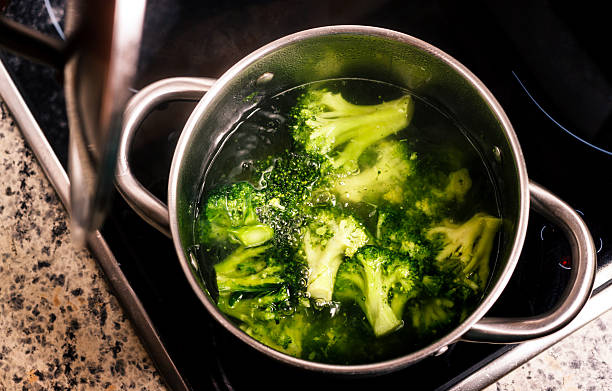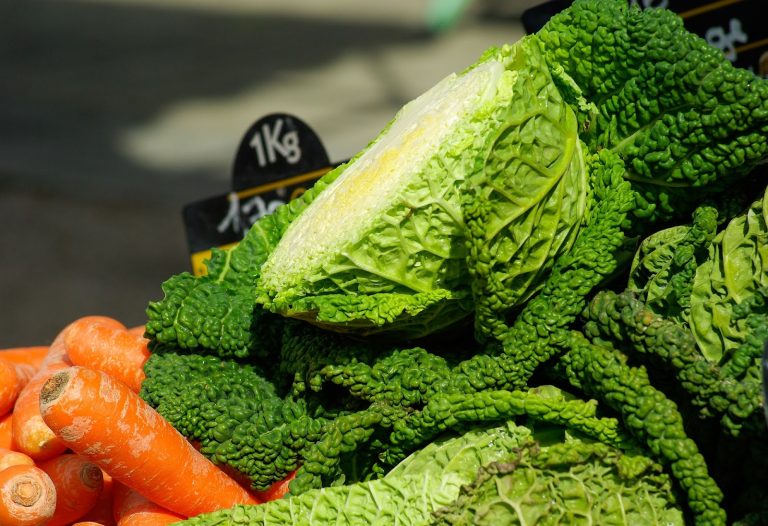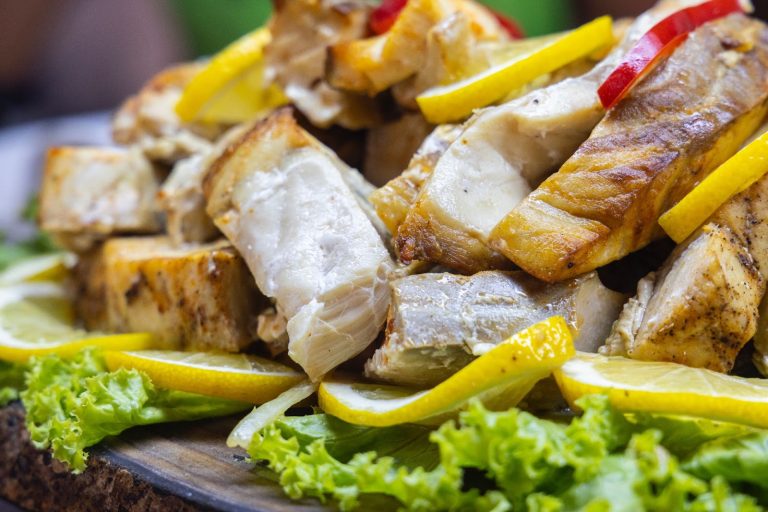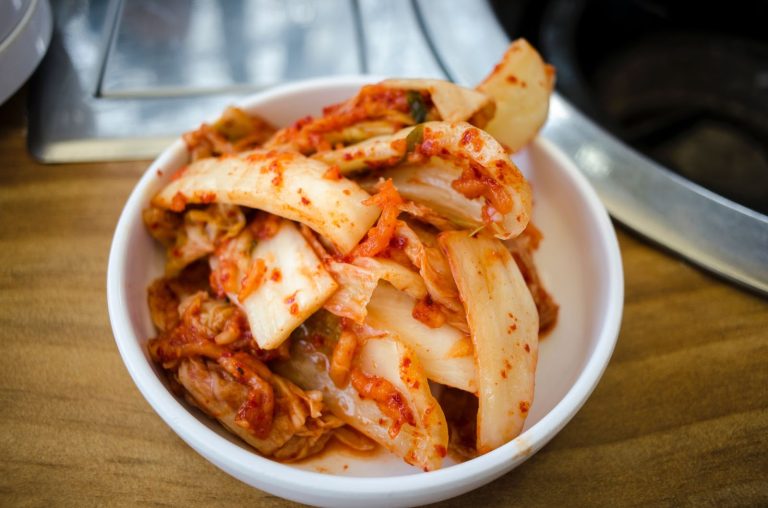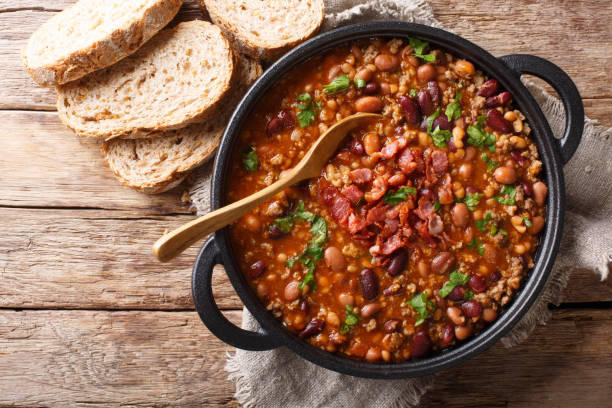
Why do beans make you gain weight? Let’s Find Out……
Beans are a popular and nutritious food choice enjoyed by people all over the world. They come in various varieties such as kidney beans, black beans, chickpeas, and lentils, and are rich in protein, fiber, vitamins, and minerals.
These nutritional benefits have led to the perception that beans can be an ideal addition to a weight loss or healthy diet plan. There is a common belief that consuming beans might lead to weight gain.
In this article, we will explore the potential reasons behind this notion and understand how to mitigate any negative impact on weight.
Table of Contents
Why do beans make you gain weight?
Here are some reasons why beans can make you gain weight
Caloric Density
Beans are relatively high in calories compared to certain other vegetables. While they provide essential nutrients, a high caloric intake can contribute to weight gain if not balanced with physical activity and overall caloric expenditure. However, this does not mean that beans are solely responsible for weight gain; it depends on the portion size and overall diet.
Carbohydrate Content
Beans contain carbohydrates, which are the body’s primary source of energy. When consumed in large quantities, especially in the absence of sufficient physical activity, excess carbohydrates can be stored as fat, leading to weight gain. Therefore, portion control is essential when incorporating beans into your meals.
High in Fiber
Beans are an excellent source of dietary fiber, which offers numerous health benefits. However, high-fiber foods can also lead to a feeling of fullness and satiety, leading some people to consume smaller amounts of other essential nutrients. If the overall caloric intake is not adjusted accordingly, this could potentially lead to weight gain.
Preparation and Additives
The method of preparation can significantly impact the calorie content of beans. Adding high-calorie ingredients such as butter, oil, cheese, or creamy sauces to bean dishes can increase their caloric density. It is crucial to opt for healthier cooking methods, such as steaming, boiling, or using minimal oil, to avoid excessive calorie consumption.
Individual Differences
Each person’s body responds differently to various foods. While some individuals may experience weight gain when consuming beans, others may not face the same issue. Factors such as metabolism, physical activity level, and overall dietary habits play a significant role in how the body processes and utilizes nutrients.
How to Reduce the Effects
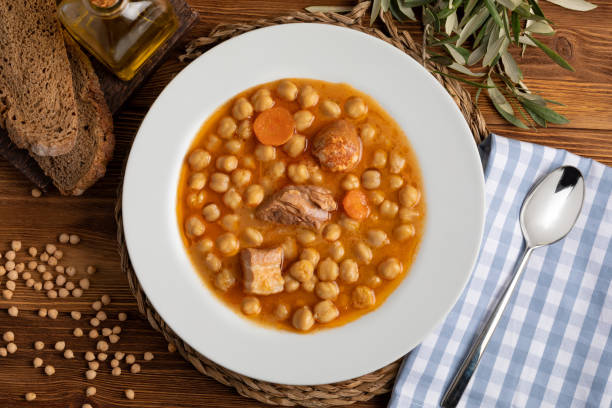
If you enjoy beans and want to include them in your diet without worrying about weight gain, here are some strategies to consider:
Portion Control: Be mindful of your bean portions and balance them with other nutrient-dense foods in your meals.
Diversify Your Diet: Don’t solely rely on beans as your primary protein source. Incorporate a variety of lean proteins like chicken, fish, tofu, or eggs into your diet.
Healthy Cooking Techniques: Opt for cooking methods that use less oil and avoid adding high-calorie additives to your bean dishes.
Increase Physical Activity: Regular exercise can help burn excess calories and prevent weight gain.
Monitor Your Overall Diet: Keep track of your calorie intake and make sure it aligns with your activity level and weight management goals.
Conclusion
In conclusion, while beans are a nutritious food with numerous health benefits, consuming them in excessive amounts or preparing them with high-calorie additives can potentially contribute to weight gain.
However, with mindful portion control, balanced nutrition, and regular physical activity, you can enjoy beans as part of a healthy and well-rounded diet.
Remember, individual responses to food vary, so it’s essential to listen to your body and make dietary choices that align with your personal health goals.

